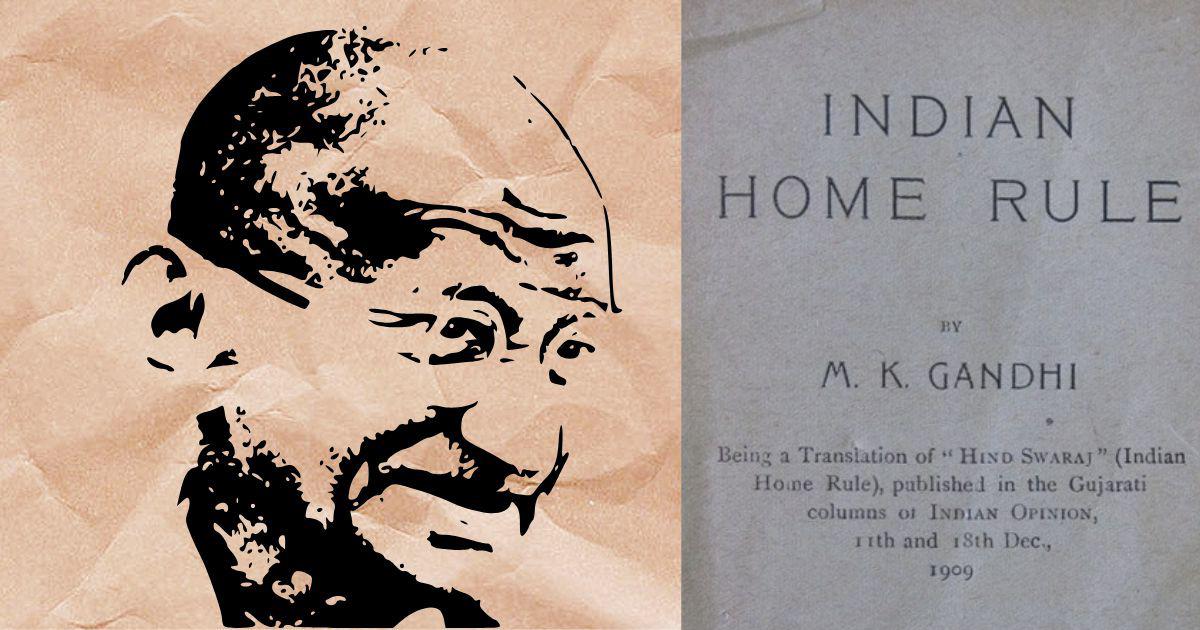Gandhi’s ideals of swaraj and ahimsa can breathe new life into India’s Constitution

Join our WhatsApp Community to receive travel deals, free stays, and special offers!
- Join Now -
Join our WhatsApp Community to receive travel deals, free stays, and special offers!
- Join Now -

In 1954, Justice Vivian Bose of the Supreme Court proclaimed that the Indian Constitution had “blotted out, in one magnificent sweep, all vestiges of despotic power in India; that the colonial past was obliterated and a new order born”. This is a half-truth.
The enactment of India’s Constitution marked the demise of imperialism and the dawn of democratic republicanism. But it failed to embrace the philosophy of Mohandas Gandhi who symbolically continues to lead the long and unfinished march to India’s redemption, carrying the torch of ahimsa and swaraj – the refusal to harm and the sovereignty of the self.
Gandhi’s philosophy is especially urgent in light of Congress veteran C Rajagopalachari’s prophetic warning in 1922, written from a prison cell: “Swaraj will not at once, or even for a time to come, bring better government or greater happiness for the people. Elections and their corruption, injustice, and the tyranny of wealth, and insufficiency of administration, will make a hell of life as soon as freedom is given to us.”
Rajagopalachari’s pessimism appears to have prevailed over the optimism of Jawaharlal Nehru’s “tryst with destiny” as India’s institutions failed to guarantee justice and dignity for all.
More than 23 years ago, the Indian government’s Report of the National Commission to Review...
Read more
What's Your Reaction?
 Like
0
Like
0
 Dislike
0
Dislike
0
 Love
0
Love
0
 Funny
0
Funny
0
 Angry
0
Angry
0
 Sad
0
Sad
0
 Wow
0
Wow
0























































